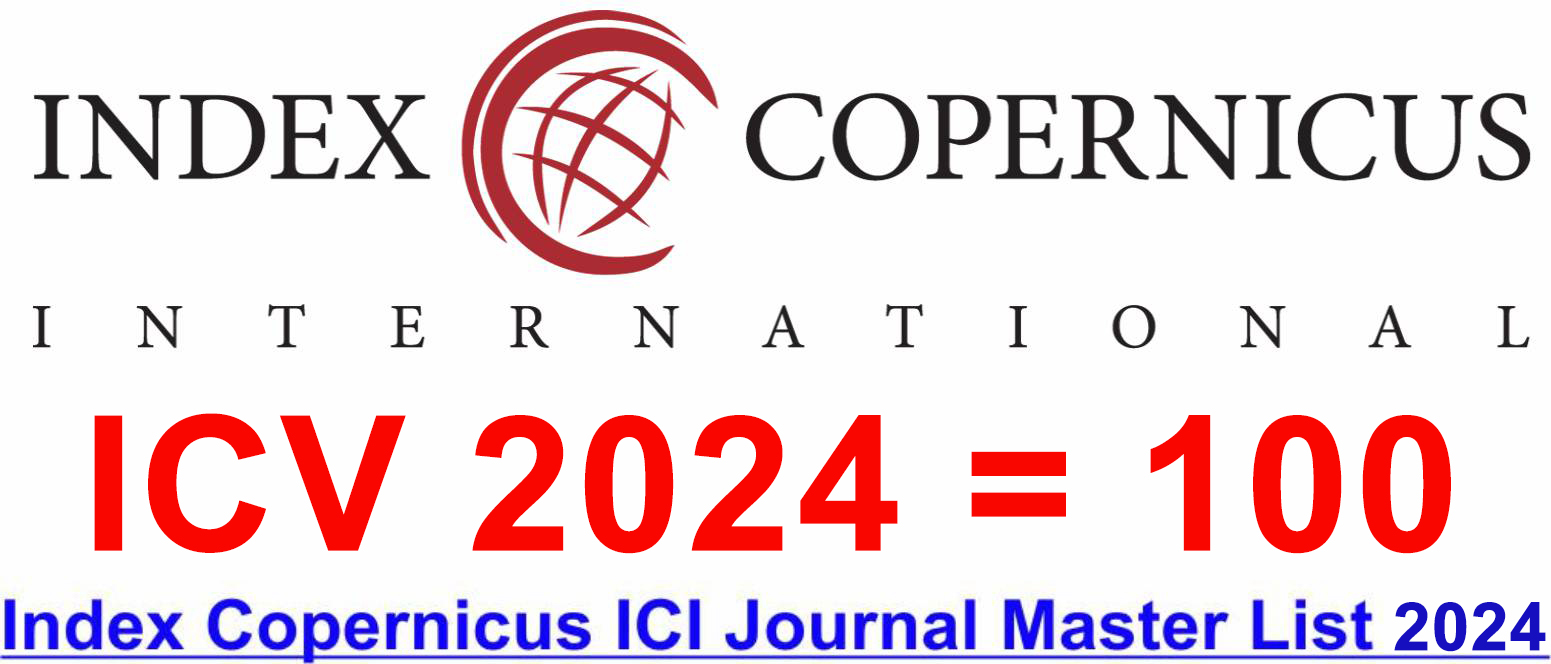Scope of Collective Bargaining Process in the Small Tea Garden – A Study with Special Reference to Jalpaiguri District of West Bengal
DOI:
https://doi.org/10.46977/apjmt.2022v02i04.003Keywords:
Collective Bargaining, Non-wage Benefits, Small Tea Growers, Unorganized Sector, WorkersAbstract
The Tea Board of India (TBI) has defined a Small Tea Growers (STGs) as an entity having tea plantation areas of up to 10.12 hectares (or 25 acres) without any processing facility since the early 1990s. The mode of production in tea plantations has undergone a major structural shift from a centralized estate sector system to the emerging small tea growers (STG) bought leaf factory (BLF) system, which broadly represents a flexible and decentralized production system. The labour relations in tea gardens are well defined in the organized sector and covered under the Plantation Labour Act 1951. However, the small tea growers (STG) and Bought-Leaf Factories (BLF) specializing solely in tea manufacturing do not have the distinct industrial identity categorized under the unorganized sector in the tea plantation industry. STGs are no longer a small or marginalized group, as they produce more than half of India's green-leaf output while depriving organized-sector workers of the benefits they should get. The moment has come for small tea garden owners to think about their employees' occupational safety, health, and working circumstances. Given the substantial changes in tea plantation methods, the authors sought to determine the scope of collective bargaining for workers in tiny tea gardens in West Bengal's Jalpaiguri region.
Downloads
References
Barker, J. (2007, May 23). Importance of Entrepreneurship. Young Entrepreneurs of America.
Biswas, D. (2016). Wage Determination Machinery of Tea Industry in India: A Case of West Bengal State. Journal of Tea Science Research, 6(8).
Borborah, S., & Gogoi, J. K. (2007). Development Issues in the North-East in the Turn of the Country. Papyrus Books.
Das, K. (2021). Plantation infrastructure and the performance of Assam’s tea sector: An Analysis on the Smallholding Tea Plantation Sector. Centre for Development Studies.
Gurung, M., & Thanga, J.L.T. (2021). Trade Unions and Worker’s Struggle for Decent Wages in the Tea Industry of West Bengal. Management Convergance, 12(2), 72-79.
Hannan, A. (2013). Organisational Innovations and Small Tea Growers (STGs) in India. National Research Programme on Plantation Development, Centre for Development Studies.
Haque, M., Acharya, S. K., & Mondal, K. (2020). Transforming Agriculture and Tea Garden: The Impact on Farm Women Engagement. Current Journal of Applied Science and Technology, 39(26), 85-92. https://doi.org/10.9734/CJAST/2020/v39i2630908
Hazarika, K., & Borah, K. (2013). Small Tea Cultivation in the Process of Selfemployment: A Study on the Indigenous People of Assam (India). International Journal of Latest Trends in Finance and Economic Sciences, 3(2). https://doi.org/10.2047/ijltfesvol3iss2-6
Mansoor, A., Wahab, S. A., & Jahan, S. (2021). Stimulation of innovative behavior through the inclusive leaders and engaged workers. Business: Theory and Practice, 22(2), 249-255. https://doi.org/10.3846/btp.2021.13363
Panda, S., Ghosh, A., Das, L., Modak, S., Mondal, S., Pal, P. K., & Nain, M. S. (2022). Economics of Small Tea Farming System (STFS): An in-depth Study of North Bengal, India. Indian Journal of Extension Education, 58(1), 63-67. http://doi.org/10.48165/IJEE.2022.58114
Sarkar, K. (2008). Globalisation, Restructuring and Labour Flexibility in Tea Plantations in West Bengal. Indian Journal of Labour Economics, 51(4), 643-654.
Thapa, N. (2013). Employment Status and Human Development of Tea Plantation Workers in West Bengal. In Globalisation, Development and Plantation Labour in India (pp. 82-108). Routledge.
Wenner, M. (2020). Towards an Alternative Indian Tea Economy: Examples of Producer Cooperatives from Darjeeling. Economic & Political Weekly, LV(45), 53-60.
Published
How to Cite
Issue
Section
Copyright (c) 2022 Asia-Pacific Journal of Management and Technology (AJMT)

This work is licensed under a Creative Commons Attribution-NonCommercial 4.0 International License.



















